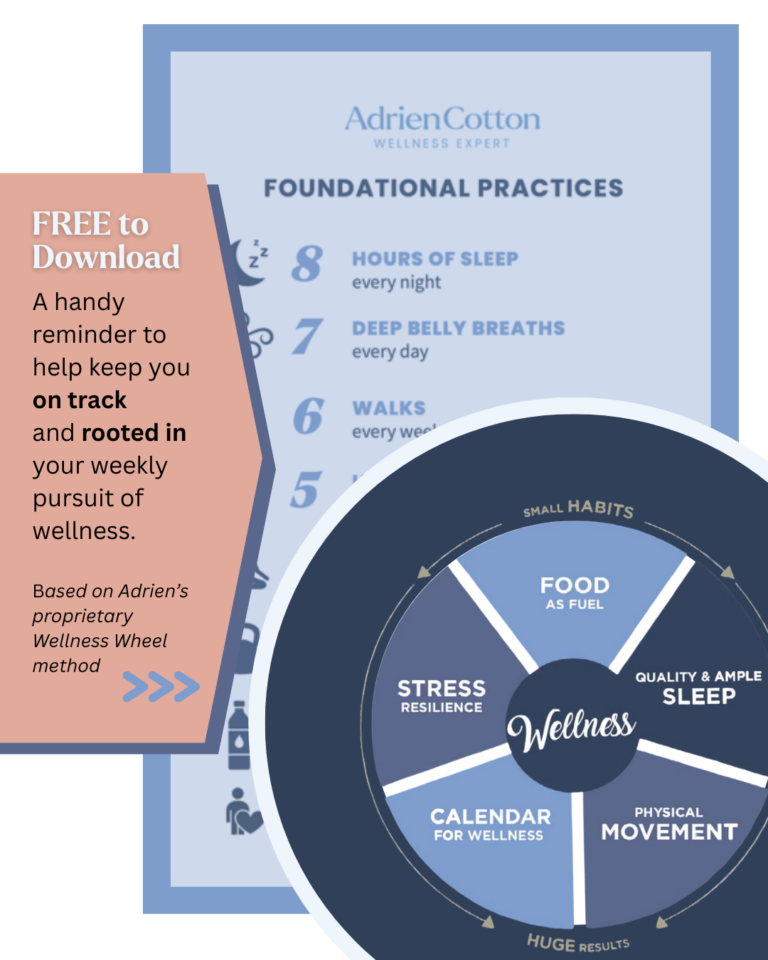Fitness myths are many, and they sure are persistent. It seems we’re always looking for the magic workout, diet, or supplement that will transform our body with minimal effort. And our sound bite culture isn’t exactly helping. We stand in the line at the grocery store or watch a reality TV show and see amazing feats of weight loss in no time at all. Over the next month or so I’m going to help clear up some of the most common fitness myths.
So, let’s get started with these three common myths:
Myth #1: Strength training will make you bulk up.
Nothing could be further from the truth, and this is especially true for women. A fundamental ingredient for muscle growth is testosterone, which is a hormone found in high concentrations in men. Women do have testosterone, but not in the levels present in men. Women lack the chemical makeup required to “bulk up” without extreme training volumes, strict dieting habits, and possible supplementation. Ladies, you can and should lift weights — heavy ones — without the fear of becoming anything more than healthy, toned, and strong. Fortunately, more and more women are getting the message and dropping the light weights. Bulking up, I’m sorry to say, comes from food, not the weights you lift.
Myth #2: You can target fat loss from certain body parts and you can turn fat into muscle.
Do you have that one area on your body that just drives you crazy? Do you spend all of your time in the gym just doing ab exercises to get rid of that stubborn belly fat? If you do, it’s time to stop. Truth is, spot training doesn’t work. Yes, you can create muscle in the area you’re working but you will never see the results if you don’t lose the fat that’s surrounding it. Which brings me to the second part of this myth – you cannot turn fat into muscle. Muscle is made of protein while fat comprises lipids, and despite the popular belief…they can’t convert to one another. What does happen, however, is that muscle will decrease (atrophy) if you don’t continue to lift weights.
So, if you want to lose fat from a specific spot, you need to lose overall body fat. And a great way to do this is with interval and higher intensity strength training. These workouts work wonders because not only do they burn fat, they also build muscle. Which brings me to another key difference between fat and muscle: the more muscle you have (and this does not mean being “big and bulky” – see Myth #1), the more calories you’ll burn because, unlike fat, which just sits there, muscle is nearly always active and burning calories.
Myth #3: A detox or cleansing diet will reset your system and help you lose weight.
Stop and think about this for a minute. If you feel you need to detox or cleanse your body of toxins or other “bad” elements, it suggests your kidneys and liver aren’t doing the job for which they are designed. If this is the case, you should probably be seeking out a doctor and not a fad diet. This isn’t to say you can’t improve your liver and/or kidney function by cutting out certain things (e.g., alcohol) or cleaning up your diet, but cleansing or detoxing? These are terms companies use to get you to buy their products.
I know. It sometimes feels good to think you can “detox” or “reset” through juices and cleanses, or cutting out sugar for a period of time. But the same rule applies: it is a short-term fix. Long term, a healthy lifestyle with healthy, fuel-like food, sleep, and stress resilience will go a long way to getting that “detox” feeling. Can you truly live without sugar for the long term? That’s what you need to ask yourself.
The other problem with this myth is that many people do see some weight loss and who wouldn’t if they cut out solid food. And some may even experience a placebo effect because you think you’re “cleansing” your body. A long detox can actually slow down your metabolism because you’ll lose muscle mass and when you inevitably gain some of the weight back, you’ll gain it back as fat. As a result, your body will be less fit and less healthy than it was before you started the detox. Consistent and smart food choices are always the way to go for long-term fitness results.



